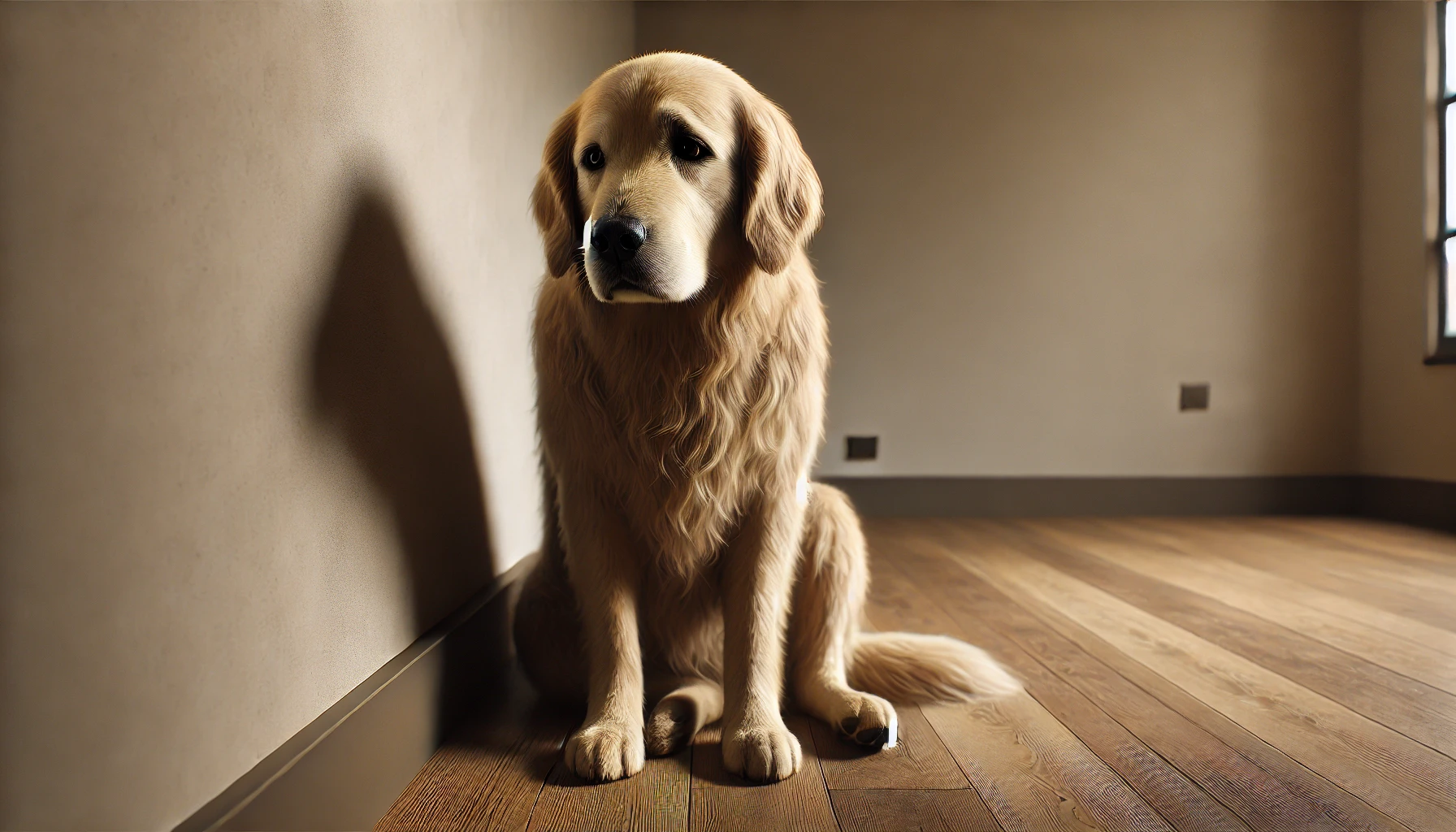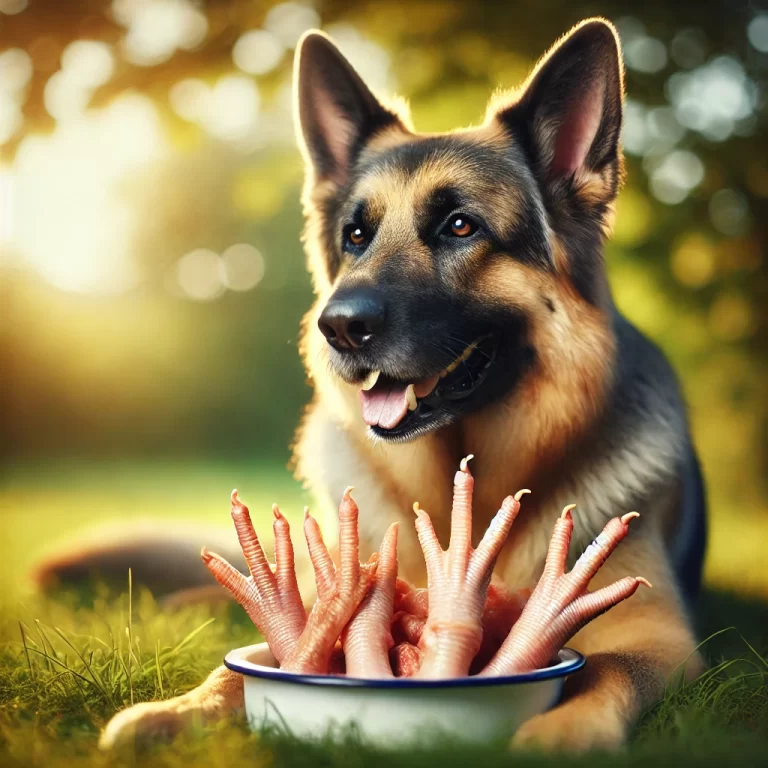Can Dogs Be Autistic? Understanding Canine Behavior and Neurodiversity
Dogs are known for their loyalty, affection, and intelligence, but just like humans, they can exhibit a wide range of behaviors. Some pet owners have noticed their dogs displaying traits that resemble autism in people, such as repetitive behaviors, difficulty with social interactions, and heightened sensitivity to stimuli. But can dogs be autistic? In this article, we will explore the concept of autism in dogs, its possible causes, symptoms, and what pet owners can do to help their furry friends.
What is Autism?
Autism, or Autism Spectrum Disorder (ASD), is a neurodevelopmental condition in humans that affects communication, social interactions, and behavior. People with autism often experience sensory sensitivities, repetitive behaviors, and difficulty in understanding social cues. However, autism is a uniquely human diagnosis that relies on cognitive and emotional benchmarks that do not directly apply to dogs.
Can Dogs Have Autism?
While dogs cannot be officially diagnosed with autism as humans can, they can exhibit autism-like behaviors. Veterinary professionals and animal behaviorists often refer to this condition as Canine Dysfunctional Behavior (CDB) rather than autism. CDB describes dogs that display atypical social behaviors, heightened sensory sensitivity, and repetitive movements.
Research into canine neurodiversity is still limited, but some experts believe that certain dogs may have congenital neurological conditions that affect their behavior in ways similar to ASD in humans.

Symptoms of Autism-Like Behavior in Dogs
If your dog is displaying unusual behavioral patterns, it may be exhibiting autism-like traits. Some of the key signs include:
1. Difficulty with Social Interaction
-
Dogs with autism-like behaviors may struggle to interact with other dogs or humans.
-
They may avoid eye contact, refuse to play, or prefer to be alone.
-
Some dogs may appear indifferent to their owners’ presence, showing little affection.
2. Repetitive or Obsessive Behaviors
-
Some dogs develop repetitive motions, such as tail-chasing, excessive licking, or pacing back and forth.
-
Others may become fixated on certain objects, such as a toy or a particular spot in the house.
-
This can also include obsessive-compulsive tendencies, such as constant spinning or biting at the air.
3. Unusual Responses to Stimuli
-
Dogs with sensory sensitivities may react intensely to certain sounds, textures, or lights.
-
They may flinch at human touch or become agitated in noisy environments.
-
Some may prefer specific routines and become stressed if their schedule changes.
4. Lack of Expressive Behaviors
-
Most dogs wag their tails, bark excitedly, or show facial expressions to communicate their emotions.
-
Dogs exhibiting autism-like behavior may have a flat or expressionless demeanor.
-
They may not respond to common commands or stimuli in expected ways.
5. Anxiety and Fearfulness
-
Many dogs with autism-like traits display heightened anxiety, especially in unfamiliar situations.
-
They may become easily frightened and prefer to retreat rather than explore.
-
Some dogs may also exhibit extreme nervousness around strangers or new environments.
What Causes Autism-Like Behavior in Dogs?
While the exact cause of autism-like traits in dogs is unknown, there are several potential factors:
1. Genetics
-
Some researchers believe that congenital neurological conditions can affect a dog’s behavior from birth.
-
Certain breeds may be more prone to these behaviors, although no conclusive evidence links autism-like traits to specific breeds.
2. Early Development Issues
-
Puppies that experience trauma, malnutrition, or neglect at a young age may develop atypical social behaviors.
-
Poor socialization during the critical developmental period can result in withdrawn or anxious behavior.
3. Environmental Triggers
-
Dogs that experience high levels of stress or trauma may develop coping mechanisms that resemble autistic behaviors.
-
A lack of stimulation, excessive confinement, or unpredictable environments can lead to repetitive behaviors and social withdrawal.
How to Support a Dog with Autism-Like Traits
If your dog exhibits autism-like behaviors, there are several steps you can take to improve its quality of life:
1. Establish a Predictable Routine
-
Dogs with autism-like traits thrive on consistency.
-
Maintain a regular feeding, walking, and play schedule to reduce anxiety.
2. Minimize Stressful Stimuli
-
Identify triggers that cause stress or overstimulation in your dog.
-
Avoid loud noises, sudden changes, or situations that make your dog uncomfortable.
3. Provide a Safe Space
-
Create a quiet, comfortable area where your dog can retreat when feeling overwhelmed.
-
Use soft bedding and familiar scents to create a calming environment.
4. Engage in Positive Reinforcement Training
-
Reward your dog for positive behaviors using treats, praise, or toys.
-
Avoid punishment, as it can increase fear and stress.
5. Offer Mental and Physical Stimulation
-
Engage your dog in puzzle toys, scent games, or gentle training exercises.
-
Daily walks and controlled playtime can help reduce stress and repetitive behaviors.
6. Consult a Veterinarian or Behaviorist
-
If your dog’s behavior is significantly impacting its quality of life, consult a veterinarian or a certified animal behaviorist.
-
In some cases, calming supplements or medications may be recommended.
Are Certain Dog Breeds More Prone to Autism-Like Traits?
There is no definitive evidence that specific breeds are more likely to exhibit autism-like behaviors. However, anecdotal reports suggest that breeds known for their intelligence and sensitivity, such as Border Collies, German Shepherds, and Poodles, may be more prone to anxiety and repetitive behaviors.
Final Thoughts: Can Dogs Be Autistic?
While dogs cannot be diagnosed with autism in the same way humans can, they can display autism-like behaviors. These traits are often related to neurological differences, anxiety, or past trauma. By providing a stable, low-stress environment and using positive reinforcement, pet owners can help their dogs lead happy, fulfilling lives.
If you suspect your dog has autism-like behaviors, the best approach is to observe their needs and consult a professional for guidance. Every dog is unique, and with patience and understanding, you can create a supportive environment that allows your pet to thrive.







